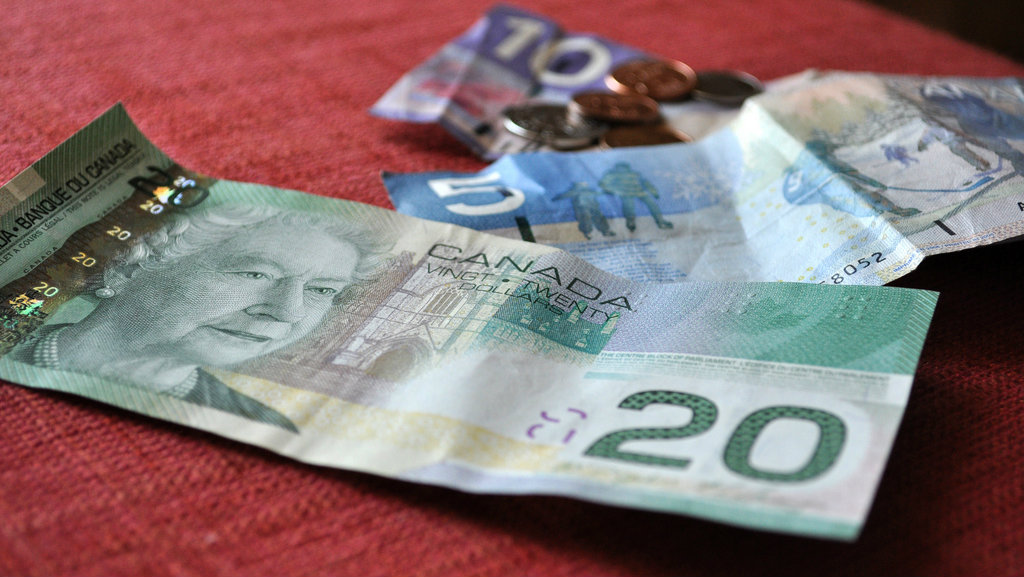During the last Financial Crisis, the idea of a “Fed Put” became the talk of Wall Street. The concept that large U.S. financial institutions were “too big to fail,” and that even if these companies got into financial trouble, perhaps taking risks that were too great with the understanding the consequences could be catastrophic, the U.S. Fed would step in and bail out these institutions, resulted in a concept of a “Fed Put.”
This concept is interesting to me in that it provides a perspective on the real downside investors face with any equity investment. Typically, in publicly traded companies with any significant amount of debt, shareholders will receive nothing in the event of a liquidation, as debt holders have primary claim to the proceeds of liquidation in most cases.
In companies that may actually have some sort of salvage value or pay out to investors in the event of a liquidation, this value should be priced in to a company’s stock price up front, as it provides a “cushion” of sorts that investors can rely on. After all, if you buy an income-producing widget for $100 knowing full well you could receive a minimum of $10 for it in a worst-case scenario (your maximum loss is $90), you might pay more for said $100 widget than an identical income-producing widget with no salvage value (maximum loss of $100).
This $10 in my previous example could represent the “insurance” of having the full backing of a government behind a business; the idea that a company cannot really fail (it could get beaten up pretty badly but never go to zero) is akin to buying insurance, or put options, on an equity investment to allow for a bottom to said investment. By both buying an equity and buying insurance via options contracts, investors can limit their downside while experiencing their upside, less the cost of insurance.
In recent years, I have seen a number of companies take advantage of a “Canada Put,” relying on the Canadian government for support in times of extreme distress, eliminating the chance of a complete loss for investors at the expense of taxpayers.
Some companies have waded into the waters of bankruptcy protection, standing over the abyss of liquidation, only to be pulled forward toward returns of more than 3,000% in less than 10 years [think: Air Canada (TSX:AC)(TSX:AC.B)]. Other companies, such as Bombardier, Inc. (TSX:BBD.B), have received billions of dollars in “loans” from the Canadian government for programs that have provided massive economic losses for the country for years.
Other companies have received indirect support from the Canadian government via trade protection in industries such as dairy, auto, lumber, or manufacturing, in which the real downside said companies have will always be limited by the protectionist policies of the Canadian federal or provincial governments.
Direct or indirect support of large corporate interests by the Canadian government is a huge asset that many Canadian companies have, which is not listed on their balance sheet; for investors worried about the next market downturn, I suggest looking at companies that simply cannot or will not fail, thanks to the Canadian government. After all, a “Canada Put” is much cheaper than actually buying insurance — you won’t have to pay anything, except for higher taxes.
Stay Foolish, my friends.








